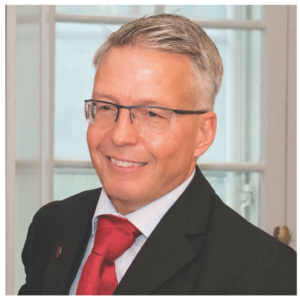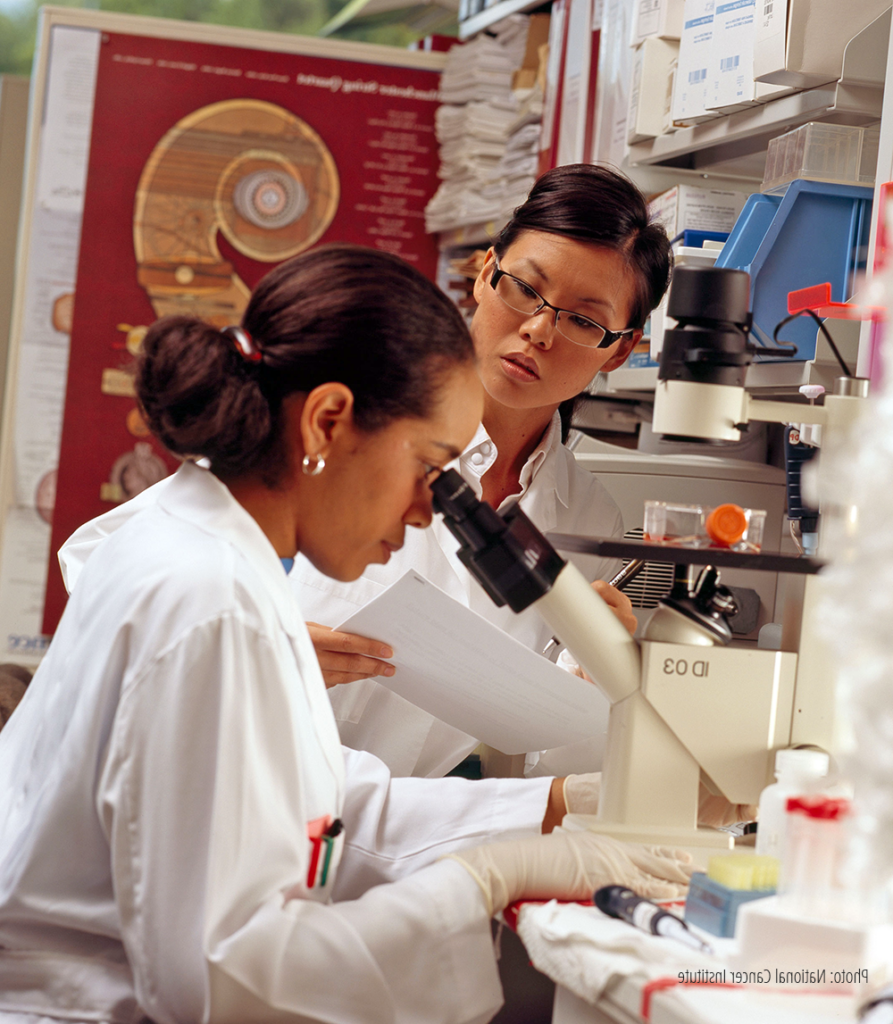Targeted Markers of ME/CFS and Post-COVID
Targeted Markers of ME/CFS and Post-COVID Study Aim This project aims to investigate specific markers of ME/CFS and Post-COVID identified through previous research. Investigators Jonas
at Uppsala University
State-of-the-art laboratory searching for biomarkers of Myalgic Encephalomyelitis /
Chronic Fatigue Syndrome (ME/CFS) in body and brain.
Established in 2019, this research center is directed by Jonas Bergquist, MD, PhD. Prior to this new center, Dr. Bergquist had already been researching ME/CFS for nearly a decade. Dr. Bergquist and his lab develop novel methods for extracting patient samples and measuring the metabolites and proteins within those samples.
Latest Video
 They then apply these methods to produce unique and valuable data from a range of diseases. Along with ME/CFS, his lab has a general interest in neurodegenerative diseases such as Parkinson’s, Alzheimer’s, amyotrophic lateral sclerosis (ALS) and multiple sclerosis (MS).
They then apply these methods to produce unique and valuable data from a range of diseases. Along with ME/CFS, his lab has a general interest in neurodegenerative diseases such as Parkinson’s, Alzheimer’s, amyotrophic lateral sclerosis (ALS) and multiple sclerosis (MS).
The ME/CFS CRC at Uppsala University is looking for ME/CFS biomarkers to develop a diagnostic test and to contribute to the understanding of what initiates the disease process. Not only are they looking for single metabolites or proteins, they are looking for the pattern of all the data the extract from ME/CFS patient samples and are working towards a defining biochemical signature of the disease.
This collaborative research initiative is looking to develop methods to measure proteins, peptides and metabolites in the blood and cerebrospinal fluid of ME/CFS patients to help define the underlying biological cause, to form a diagnostic and to ultimately find treatments for the disease.
Targeted Markers of ME/CFS and Post-COVID Study Aim This project aims to investigate specific markers of ME/CFS and Post-COVID identified through previous research. Investigators Jonas
Identify a biochemical signature for ME/CFS that can be conveniently evaluated through a blood test.
The purpose of this study is to facilitate early detection of ME/CFS in people with Long COVID and better understand disease progression.
The study aims to investigate how hormone fluctuations in individuals with ME/CFS and Long COVID, compared to healthy controls, impact metabolism and immune pathways by measuring hormones, metabolites, and inflammation markers in biofluid samples.
The Life Improvement Trial (LIFT) aims to investigate two drugs, separately and in combination, Pyridostigmine (commonly known as Mestinon) and Low-Dose Naltrexone (LDN), for efficacy and to research the difference between responders and non-responders.
This study seeks to understand the biological mechanisms driving the symptomatology of Myalgic Encephalomyelitis/Chronic Fatigue Syndrome (ME/CFS) using metabolomic and lipidomic high-throughput analysis and high-frequency blood sampling over a 6.5 to 7.5 hour period conducted at two separate sites (Melbourne and Uppsala).
The goal of this research is to reveal more information about the role of immunology and neuroinflammation in ME/CFS, and the underlying mechanisms of related pathogenesis that takes place.
The aim is to investigate potential differences in adrenergic and muscarinic receptor autoantibody levels in plasma and cerebrospinal fluid samples between ME/CFS patients and healthy controls.
This study provides a unique opportunity to bring the lab directly into patient homes and provide immediate analysis of samples over an extended period of time.
Decode the molecular mechanisms underlying ME/CFS and contributing to specific symptoms with a particular emphasis of post-exertional malaise (PEM). This includes deep phenotyping of ME patients and global proteomic/metabolomics plasma profiling of ME..
We will explore the hypothesis that deranged flow of the cerebrospinal fluid (CSF) due to craniocervical obstructions and/or instability may cause deranged intracranial pressure (ICP), neuroinflammation and cardinal symptoms of ME/CFS.
This study provides an excellent opportunity to understand the mechanism of long-lasting viral-induced cognitive complications, commonly referred to as “brain fog.”
The purpose of the study is to evaluate whether kynurenine is directly connected to ME/CFS patient symptom severity.

Uppsala University (Sweden)
Jonas Bergquist, MD, PhD, Prof, Director
Kumari Ubhayasekhera, PhD
Ganna Shevchenko, PhD
Levon Manukyan, PhD
Sandy Abujrais, PhD Student
Mark Dennis Retrato, PhD Student
Annie Bynke, Med Student
Hanna Gustafsson, Med Student
Torsten Gordh, MD, PhD, Prof em
Massachusetts General Hospital (Harvard)
Wenzhong Xiao, PhD
In Memoriam – Ronald Tompkins, MD, ScD
Stanford University
Ronald Davis, PhD
Karolinska Institut (Sweden)
Per Julin, MD, PhD
Bragee Clinics Stockholm
Bo C. Bertilsson, MD, PhD
Björn Bragée, MD
Kent Nilsson, MD
Gunnar Olsson, MD, PhD, Ass. Prof
Jonas Axelsson, MD, PhD, Ass. Prof
Britt Bragée, RPT, PhD
Gabriella Bernhoff RPT, PhD Student
Brandon Drum, Med Student
Michael Fahlqvist, MD-internship
Michos Anastasios, MD
Gottfries clinic (Sweden)
CG Gottfries, MD, PhD, Prof em
Linkoping University (Sweden)
Anders Rosén, MD, PhD, Prof em
Björn Ingelsson, PhD, Ass prof
Eirini Apostoulo, PhD, Post doc
Rizwan Muhammad, Guest Researcher
University of East Anglia (UK)
Simon Carding, PhD, Prof
Please help us expand our research efforts across the globe. Every donation brings us closer to a fully-funded research effort and the answers we all seek.
Get the latest updates delivered to your inbox.
What are the advantages of giving from your Donor Advised Fund (DAF)?
How do I make a donation through my DAF?
Just click on the DAF widget below. It is simple and convenient to find your fund among the over 900 funds in our system.
Still can’t find your fund?
Gifting of Stock
Broker: Schwab
DTC #: 0164
Account #: 47083887
Account Registered as:
Open Medicine Foundation
29302 Laro Drive
Agoura Hills, CA 91301
Please speak to your personal tax advisor and then email or call OMF at 650-242-8669 to notify us of your donation or with any questions.